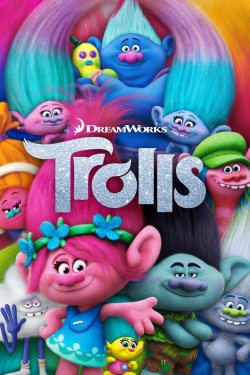Top Rated Films
Sudhir Srinivasan's Film Reviews
-
There’s pretty much nothing in Rajini Murugan that will even startle you, let alone blow your mind. It’s everything you’ve seen already, but you know the thing that differentiates stars from actors? They’re able to take your mind off the silly story; they’re able to make you forget that the plot is flimsy, that the songs (even if catchy) are excessive, that the love story is regressive.
-
Maalai Nerathu Mayakkam is what happens when Prabhu and Manoja are brought together by means of an arranged marriage.
-
The time-tested I’ll-abduct-your-close-ones method was after all used in a film like Run, that released 13 years ago. And oh, somebody should really tell filmmakers that it’s completely all right to not cast a heroine when she has nothing substantial to do, like Shruti Haasan in this film. In comparison, Nagma’s seems like a plum role in Baasha. And that’s saying something.
-
Almost all the jokes, both subtle and loud, work. And they’re everywhere, and often admirably, without heed to political correctness.
-
The end — like the beginning — adopts an atypical, downbeat note, as the camera again slinks back into the sky from where it originally descended for the opening scene. But for what Paayum Puli actually is, they may as well have began and ended amid kuthu beats and much fanfare.
-
NPNO is an admirable film, mainly for its irreverence to elements that are typically thought of as being forced by producers. There’s no big climactic duel at the end. There’s just the one duet in the whole film, and even that is shot as a parody of a song from the black and white era, as if to say that it is in that time that such love songs firmly belong.
-
Inimey left me feeling good about having watched the film, mainly because Santhanam remembers that he is more thamaasu than maasu.
-
…despite a great cameo by Harrison Ford as Ellis’ father, The Age of Adaline quickly tapers off into a regular rom-com. I liked The Age of Adaline when much wasn’t happening— when she’s simply strolling and just being; when she’s looking at a park bench and remembering a 50-year-old memory and shedding a tear; when she’s looking at news and remembering an old tragedy that she was part of; when she’s looking at all her old pictures of King Charles spaniels.
-
The acting isn’t the problem; the predictable story is. The thaali sentiment is revived for some reason. Kanchana-2 may get away with such ideas, but Kanchana-3, which is hinted at before the end credits, needs to do better if the franchise has to survive. It’d be a pity if it didn’t.
-
Also, in such a film where there’s no question of a dark ending, what’s the point of a lengthy will-he-wont-he sequence towards the end? He will; of course, he will. In these films, he always does. Give me the darned jokes I paid money for. That’s the main problem with Nanbenda — they never come.

























